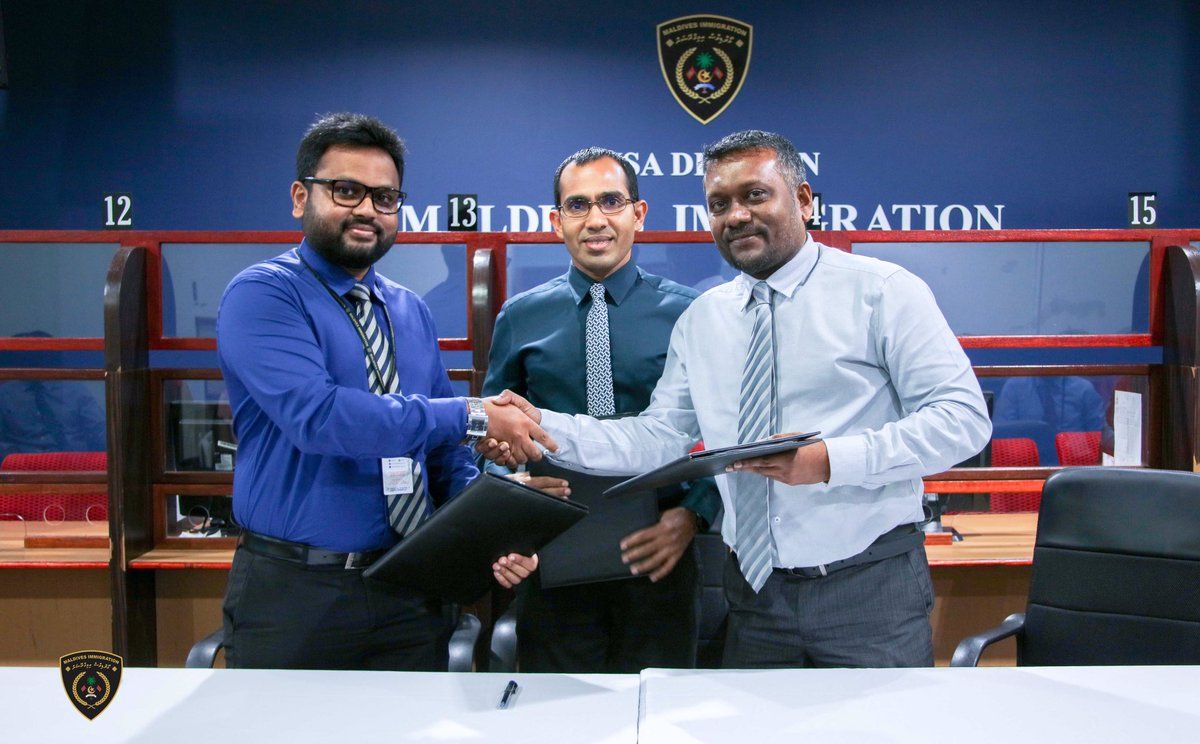67 employers of foreign workers under investigation
The economic ministry has taken over issuing quotas and granting employment approvals.

24 Mar 2019, 09:00
The immigration department is investigating 67 employers for alleged violations in bringing foreign workers to the Maldives this year.
The employers, including individuals and local businesses, are accused of “neglecting their responsibilities” over the foreign workers and “administrative action” has been taken against 27 companies, the immigration department said in a statement Thursday night.
The probe has flagged suspected fraud in the issuance of quotas, it added, including invalid documentation and approval of quotas in excess of the number of workers needed for projects.
After collecting “documentary evidence” related to the cases, the immigration department has decided to work with the police to forward cases to the Prosecutor General’s office.
Become a member
Get full access to our archive and personalise your experience.
Already a member?
Discussion
No comments yet. Be the first to share your thoughts!
No comments yet. Be the first to join the conversation!
Join the Conversation
Sign in to share your thoughts under an alias and take part in the discussion. Independent journalism thrives on open, respectful debate — your voice matters.




